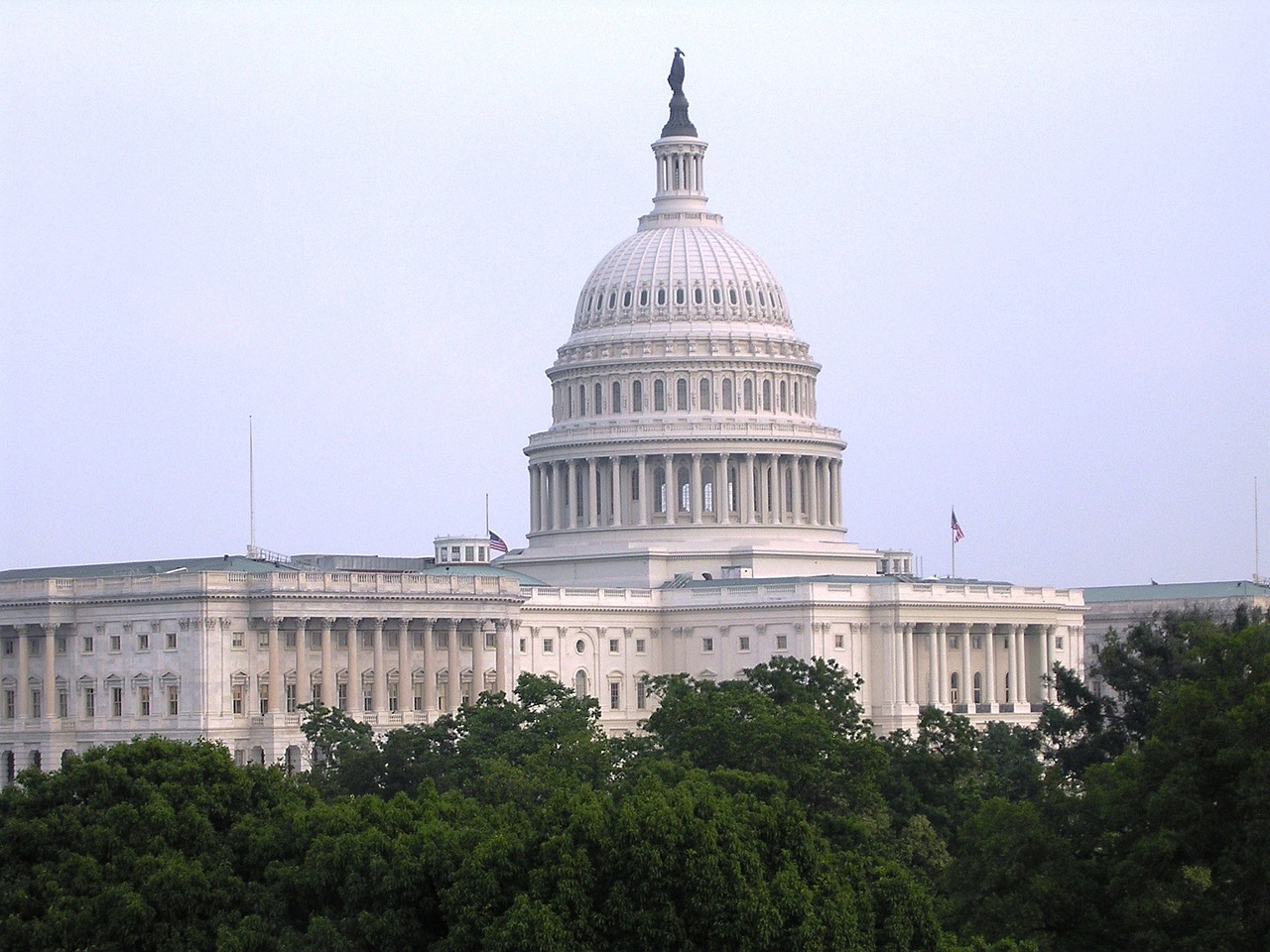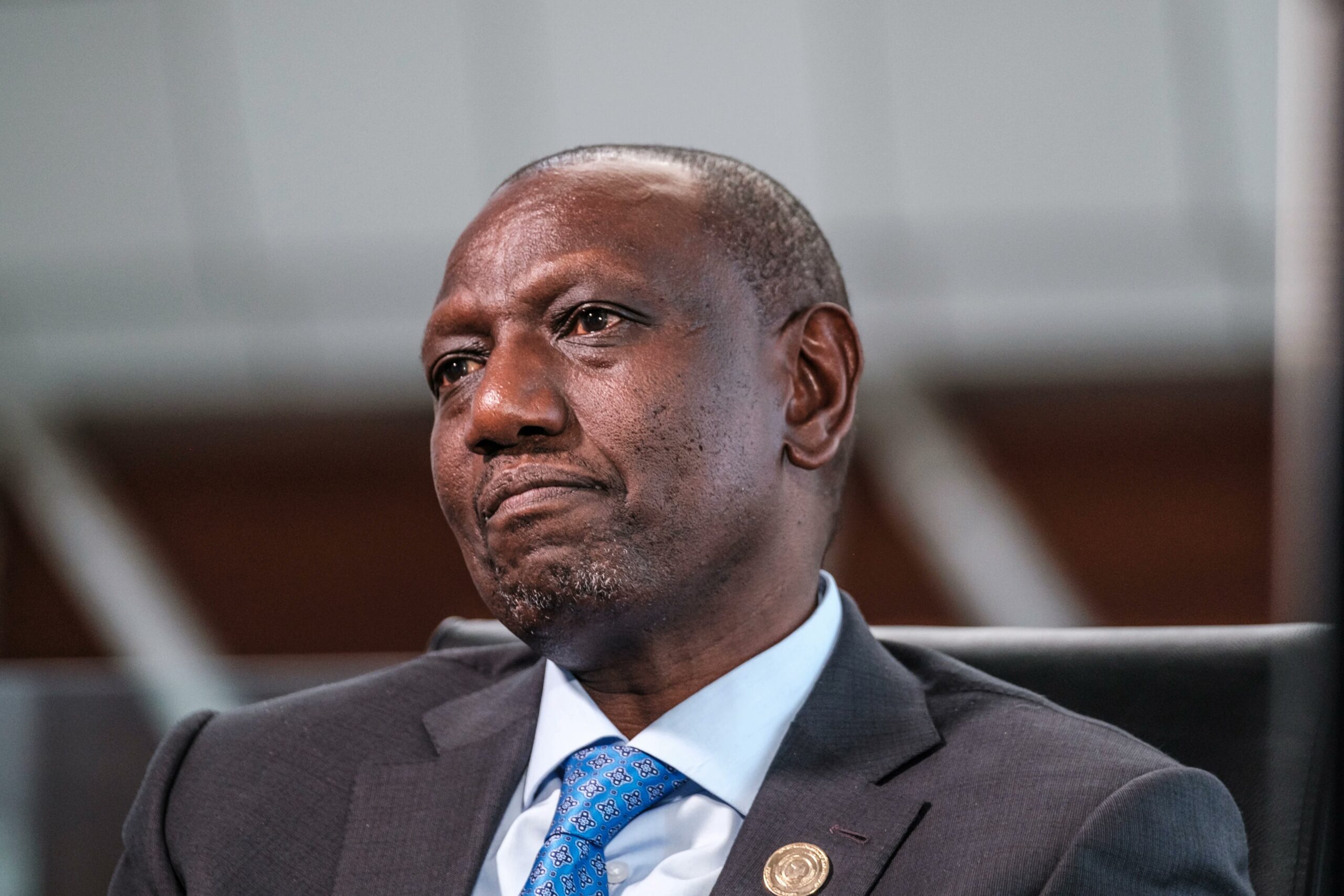The U.S. House of Representatives has taken a significant step in reshaping the balance of power over energy policy by passing the “Protecting American Energy Production Act.” This bill, spearheaded by Republican lawmakers, aims to prevent future presidents from unilaterally banning oil and gas drilling without congressional approval. Its passage marks a pivotal moment in the ongoing debate over America’s energy strategy, reflecting both political and environmental complexities.
The bill’s primary objective is to ensure that decisions on oil and gas production are not left to executive discretion. Instead, it mandates that any presidential action to impose a moratorium on oil drilling or hydraulic fracturing (commonly known as fracking) must receive congressional authorization. The legislation is a direct response to previous actions taken by former President Joe Biden, who, during his administration, banned future oil and gas drilling on nearly 625 million acres of coastal and offshore waters. This sweeping measure included significant portions of the Atlantic and Pacific coasts, as well as parts of Alaska’s Northern Bering Sea.
Supporters of the bill argue that it is essential for protecting jobs in the energy sector and ensuring the country’s energy security. Representative August Pfluger of Texas, the bill’s sponsor, framed it as a necessary safeguard against executive overreach, particularly in light of recent moves that have restricted domestic energy production. The bill passed along party lines, with all Republicans supporting it and 118 Democrats voting in opposition.
Proponents believe that by limiting the president’s ability to enact sudden drilling bans, the bill provides stability and predictability for the energy industry. They emphasize that America’s energy independence hinges on consistent and favorable policies that encourage oil and gas development. By requiring congressional approval for major decisions, the act aims to reduce uncertainty and foster a more stable investment climate for energy companies.
On the other hand, critics warn that this legislation could lead to unchecked fossil fuel expansion at a time when global efforts to combat climate change demand urgent action. Environmental advocates argue that the bill undermines the executive branch’s ability to respond swiftly to emerging environmental challenges. They see it as a setback for climate policy, one that prioritizes short-term economic gains over long-term environmental sustainability.
The bill now moves to the Senate, where its fate remains uncertain. Although Republicans hold a narrow majority, strong opposition from Democrats and the possibility of a veto from President Donald Trump could hinder its final passage. If enacted into law, the legislation would represent a fundamental shift in how U.S. energy policy is governed, making it more challenging for future administrations to impose drilling restrictions without bipartisan support.
This legislative development underscores the ongoing tension between economic growth, energy independence, and environmental protection. For supporters, it is a win for American energy security and a necessary check on presidential authority. For opponents, it represents a step backward in addressing the urgent need to transition toward cleaner energy sources.
As the debate moves to the Senate, stakeholders on both sides will be closely watching. The outcome will not only shape the future of U.S. energy policy but also set a precedent for how much power the executive branch should wield in matters of national importance. Whether this bill becomes law or not, it highlights the complex and often contentious nature of energy policy in America, where the stakes are high, and the impacts are far-reaching.
The path forward will require careful consideration of both the country’s economic needs and its environmental responsibilities. The challenge lies in finding a balance that supports energy development while safeguarding the planet for future generations.





